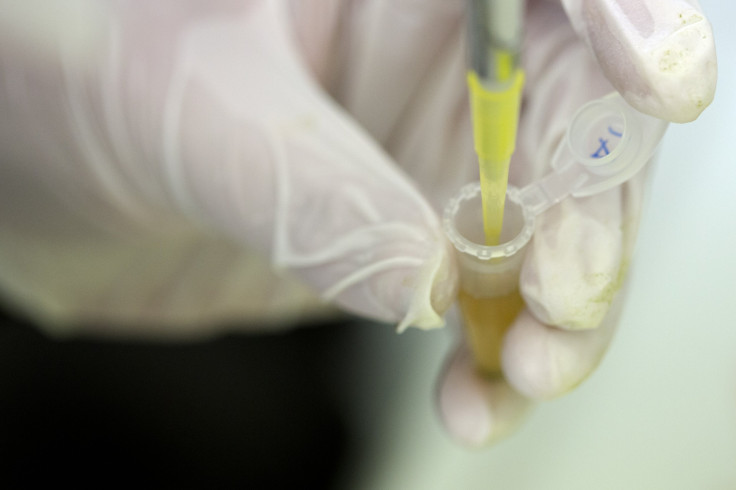Canada Leads The Way On Ebola Experimental Drugs: ZMapp, TKM-Ebola And VSV-EBOV

As health workers and government officials scramble to make advancements in Ebola drug research, one country has emerged as a major player in the development of the world’s top treatment options: Canada.
With the Ebola death toll topping 4,400 in West Africa and two Dallas health workers infected this week, all eyes are on TKM-Ebola and ZMapp, two front-runner drugs developed in Canada, that doctors are using to treat Ebola patients.
“We currently have the two vaccines that are being tested, and this has created sort of a ‘space race’ to find out which vaccine is going to be the first to the finish line,” Toronto-based microbiologist Jason Tetro told the Toronto Star.
Although the United States helped to fund and produce the treatments, both medications were researched in Canada. And industry insiders say it's all thanks to a handful of innovative scientists at a small laboratory in Manitoba.
"The lab in Winnipeg certainly raised awareness in Canada," said Tom Geisbert, a virologist and Ebola expert currently researching vaccines and treatments at the University of Texas Medical Branch.
Why has Canada emerged as an important player in the race for Ebola drugs? Geisbert said, "I can tell you in two words: Heinz Feldmann."
Feldmann, a virologist who began his career researching influenza but later focused on Ebola and Marburg viruses in Germany, became the first special pathogens chief at Canada's National Microbiology Laboratory, NML, in Winnipeg. "Heinz started a lot of things there and got people to notice," Geisbert said.
The lab first opened in 1999 and has since become part of the Infectious Disease Prevention and Control branch of the Public Health Agency of Canada. Though Feldmann later moved on to U.S. institutions, the lab continues to pursue cutting-edge research.
The idea began in the early 1990s, when infectious diseases were a hot topic among politicians. According to the Canadian Press, officials and high-level doctors were concerned at the time that Canada didn't have a lab equipped to handle highly dangerous, Level 4 diseases such as Ebola. If Canadian officials wanted to test these specimens, they had to be sent to the U.S. Centers for Disease Control and Prevention in Atlanta, Georgia. Today, the Winnipeg lab does have what it needs but also continues to work with its American counterparts.
“One thing I learned is that when you do the right thing, putting others and public health interests first, before your own, when you collaborate instead of competing, you can accomplish and contribute a lot more,” said Dr. Gary Kobinger, current chief of special pathogens at the NML.
Kobinger worked with a team of researchers in collaboration with Mapp Biopharmaceutical Inc., based in San Diego, to develop ZMapp, the drug used to treat American aid worker Kent Brantly, as well as Teresa Romero, the Spanish nurse who recently contracted the disease.
But they're not the only Canadians working on Ebola.
Another promising drug candidate, TKM-Ebola, which has been used to treat American physician Rick Sacra and other patients, was developed by Tekmira Pharmaceuticals based in Vancouver, British Columbia.
The company has been working on Ebola research for many years, thanks largely to funding from the U.S. Department of Defense, and has seen its stock jump during the recent outbreak.
“Its certainly very helpful that organizations like the U.S. government and others have seen fit to sponsor research in these areas,” Tekmira’s executive vice president and chief technical officer, recently told IBTimes.
© Copyright IBTimes 2025. All rights reserved.






















